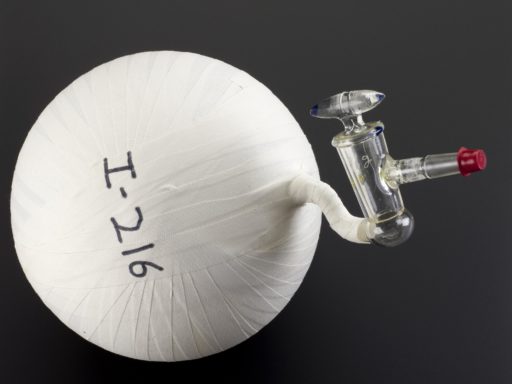
Roger Highfield, Science Director, reports on a study that finds human activities have transgressed 7 out of 8 ‘planetary boundaries’.

Roger Highfield, Science Director, reports on a study that finds human activities have transgressed 7 out of 8 ‘planetary boundaries’.

The new-born city of Palava in India shows how to create conurbations with lower environmental impact, reports Science Director Roger Highfield.
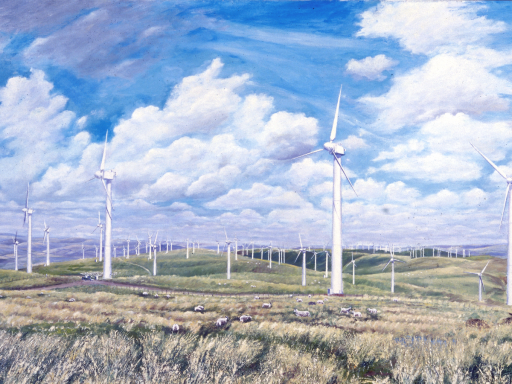
Roger Highfield, Science Director, discusses today’s landmark IPCC report on the climate crisis, a ‘final warning’ from scientists: act now or it will be too late.
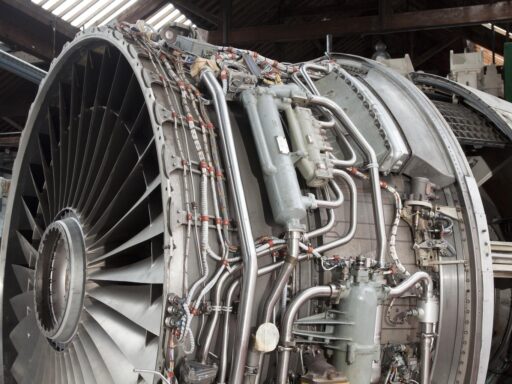
Roger Highfield, Science Director, discusses a report published today (28 February 2023) on the prospect of green aviation.

Roger Highfield, Science Director, rounds up the reaction to the latest UN Climate Change Conference, COP27.
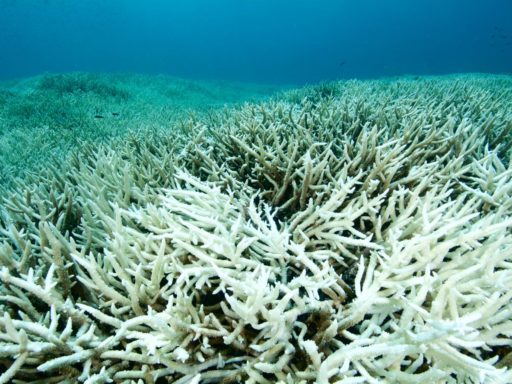
Roger Highfield, Science Director, reports on how the need for urgent action to curb climate change has intensified as the UK’s presidency of COP26 draws to a close.
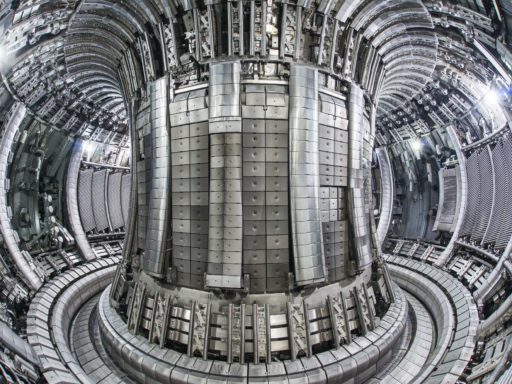
The UK has the world’s leading fusion experiment, called JET. Roger Highfield, Science Director, talks to Professor Ian Chapman, CEO of the UK Atomic Energy Authority, about the announcement of a site for the UK’s first electricity generating fusion plant.

As the costs of fossil energy have skyrocketed since Russia’s invasion of Ukraine, some have claimed that going green is too expensive. Roger Highfield, Science Director, reports on an recently published study from Oxford University that suggests a fast transition to clean energy will cost less than a slow or no transition.
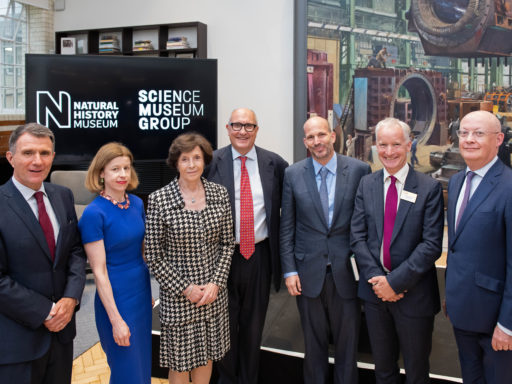
The Natural History Museum and Science Museum jointly hosted a meeting of experts yesterday (5 September 2022) to discuss ecosystem destruction and the climate emergency. Roger Highfield, Science Director at the Science Museum, and Tim Littlewood, Executive Director of Science at the Natural History Museum, reflect on what was discussed.
Roger Highfield, Science Director, talks to Atul Jain, lead author of a study that shows the huge impact of the global food system on climate change.
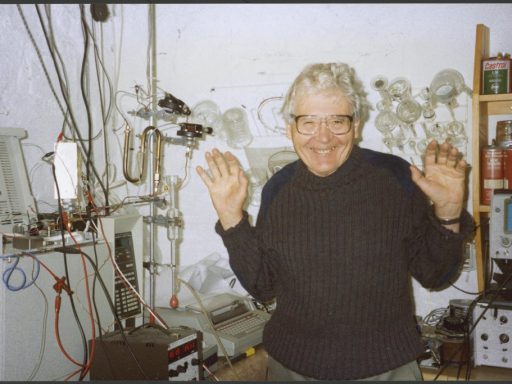
Today marks the 103rd birthday of the independent scientist-inventor, James Lovelock. Roger Highfield, Science Director, reflects on how his Gaia theory seems more relevant than ever in this era of rapid climate change.
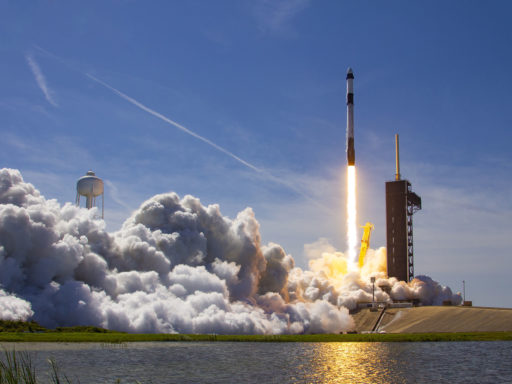
Roger Highfield, Science Director, discusses a new study that suggests the soot released by space tourism could have a bigger impact on the climate than the soot from aviation.